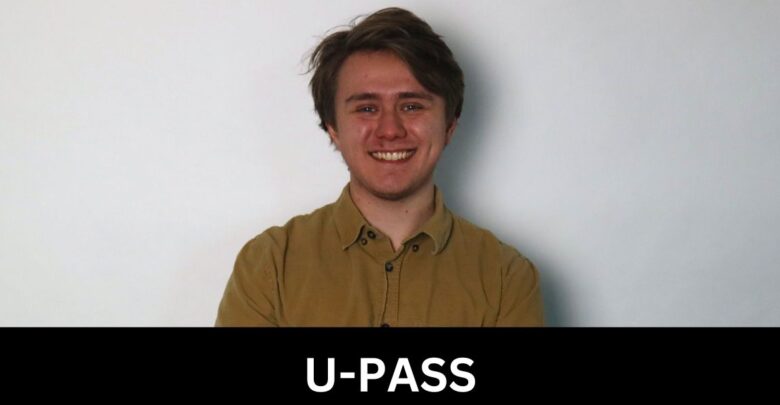SU Elections 2025 Q&A: UPass Referendum
This SU election, undergraduate students have the chance to vote on renewing the UPass fee.
 Kathryn Johnson
Kathryn JohnsonThe University of Alberta Students’ Union (SU) 2025 election is giving undergraduate students the opportunity to decide on renewing the fee for UPass.
UPass allows U of A students to use public transit for a flat yearly fee instead of paying per trip. This referendum proposes a fee of $182 in the fall semester for all full-time and part-time students. There will be a gradual increase to $185 by 2026.
Representing UPass in this Q&A is Daniel Witte, a fifth-year urban planning student.
The following interview has been edited for brevity and clarity.
What is this referendum trying to accomplish?
Daniel Witte: Every few years, the deal for UPass, which gives students basically a one time fee and lets them access unlimited amounts of public transit in Edmonton and the surrounding municipalities, comes up for a referendum because we have to renew the deal. [This year is] one of these years. So this year, we’re going to be voting to renew our UPass deal with the City of Edmonton as well as surrounding municipalities, to make sure that students get more affordable access to public transportation.
For students who don’t know, what is UPass?
Witte: UPass is a deal that the U of A and most other major post-secondary institutions (PSIs) across Edmonton have with the City of Edmonton and a lot of the surrounding municipalities in the area. [It] lets students of these PSIs — U of A being one of them — pay a one time fee every year and get to use transit as much as they want for that dollar amount. Right now it is $182 and for the eight months between September and April, students get unlimited access to public transportation across, I think, six or seven municipalities.
Note: This article was updated at 2:06 a.m. on February 26 to reflect that the U-Pass fee is not charged once per year, but is charged per trimester in four month increments. The current fee is $180. According to current vice-president (operations and finance) Levi Flaman, who was involved in U-Pass negotiations, if the referendum is approved, the price of U-Pass will remain at $180 for 2025–26. It would increase by $2.50 to $182.50 for 2026–27, then increase a further $2.50 to $185.00 for 2027–28.
If this referendum passes, how much will students be paying and how was that cost determined?
Witte: Right now the deal is for $182. Over the next three years, we’re going to see a slight increase in that dollar amount, up to $185 by 2026 and 2027 it scales up to that. So it won’t be the full price. We’ll go up one dollar and a bit each year, until we hit that $185. This is mainly decided through negotiations between the PSIs like [the] SU and the City of Edmonton, as well as other municipalities. That deal has been decided upon already. This referendum is just for students to approve what that’s going to look like, so approve the already negotiated deal.
Will all students be paying this fee?
Witte: Everyone pays for UPass unless they meet and apply for one of the following exemptions:
- An employee of one of the participating transit systems;
- A student with a valid disabled transit registration;
- A student with a valid CNIB registration card;
- A student also registered at either [the Northern Alberta Institute of Technology] (NAIT), MacEwan University, NorQuest;
- A thesis student conducting research out of the transit service area for more than two months of the term (you must provide a letter from your supervisor confirming this with your application).
Why do you think students should care about the work being done by UPass?
Witte: UPass is an incredible deal for students at the U of A especially [since] we are connected to so much public transit. Over the past few years, we see that over 70 per cent of students use public transit somehow on their way to get to school or around school. That works to 27,000 students, I believe, on basically a daily basis, using public transit. If we don’t approve this deal, we’re likely to see students paying the regular adult fare, which is $3 for an average ride. That means that for the monthly cap that we get as residents of Edmonton or people using Edmonton transit of $102, we could be paying up to $408 per term for transit. [What we] would work out with this UPass deal is a little bit under $100 a term. So that’s a very significant price difference between those two outcomes of this referendum. What we really want to do is make sure that students are aware that this is happening, are aware of the amazing deal that we’re really getting for public transit in our region to get to our classes and to get to university, and to make sure that they can be informed [and decide] how they want to vote for it.
– With files from Kathryn Johnson




